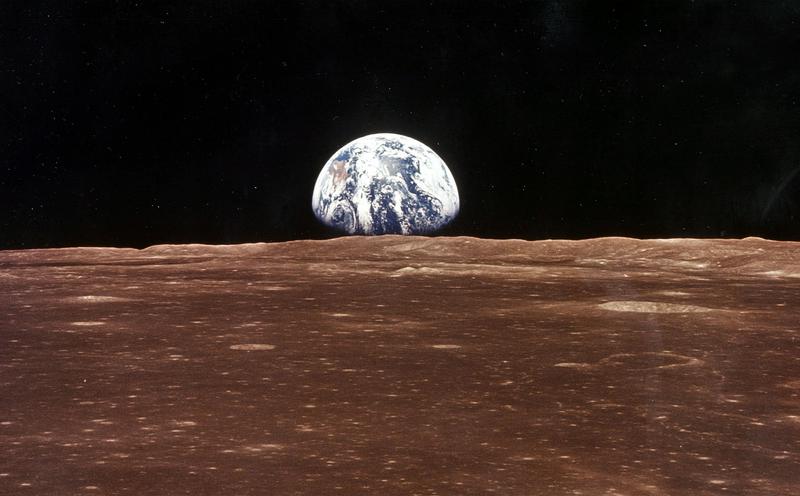History Of Space Travel: From Science Fiction To Science Fact
By | July 21, 2021

Humans have been dreaming of visiting the stars for over a millennium, with ancient Sanskrit writings dating back to 300 C.E. telling of mythological flying machines, or vimanas, which could be used by the gods to visit the heavens above. Likewise, Lucian: A True Story, the tale of a mortal man who gets caught up in an interstellar war between godlike space beings, was written in the Ancient Greek language around 170 C.E. by Lucian of Samosata (who, despite the title, admitted that the story was, in fact, not true).
Many historians point to this novella as the first written work of science-fiction, although it wasn't until 1818's Frankenstein by Mary Shelley that the genre really got going. Soon, numerous tales of space exploration or invasions were written, from the 1898 H.G. Wells novel War Of The Worlds to the 1942 Isaac Asimov galactic empire series Foundation. Actually going to the stars still seemed like fantasy, however, until the 1944 real-life success of Germany's V2 rocket, the very first man-made object to actually make it into space.

Following the end of World War II, the United States and Soviet Union, both believing their nation's future safety depended on technological superiority in both nuclear arms and spaceflight, kicked off the "space race." The military industrial complex and their scientists became obsessed with finding a way into the great unknown, but to the disappointment of America, the Soviet Union got there first when they launched the first artificial satellite, Sputnik, into space on October 4, 1957. They scored another milestone on April 12, 1961, when the U.S.S.R. succeeded in sending the first human being into space, 27-year-old cosmonaut Yuri Alekseyevich Gagarin.
In response, President John F. Kennedy told the American public that the country "should commit itself to achieving the goal, before this decade is out, of landing a man on the Moon and returning him safely to the Earth." He celebrated the first American visit to space—Alan B. Shepard on May 5, 1961—but tragically didn't live to see America officially "win" the space race after landing Neil Armstrong, Buzz Aldrin, and Michael Collins on the surface of the Moon in July 1969.

While NASA continued to send Apollo missions to the Moon for several years, political support and public interest eventually waned, and the last human to set foot on the Moon was Apollo 17 mission commander Eugene Cernan in 1972. Instead, NASA spent the next several decades focusing on unmanned Voyager missions to the outer solar system, rovers to Mars, and conducting experiments on the International Space Station.
As the government's willingness to bankroll space exploration lapsed, many in the private sector took the lead in financing and designing the next generation of spacecrafts. The year 2015 was a big one for the privatized space games, when both Jeff Bezos's Blue Origin and Elon Musk's Space X independently succeeded in launching and retrieving reusable rockets, an invention that is expected to radically reduce the cost of future spaceflight. In April 2021, NASA announced that it will finally return to the Moon in coordination with Space X as a part of their new Artemis program, which they say will be a "critical step [that] puts humanity on a path to sustainable lunar exploration and keeps our eyes on missions farther into the solar system, including Mars."

